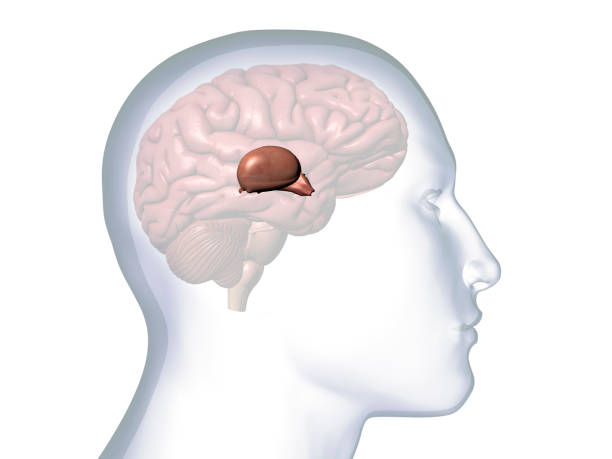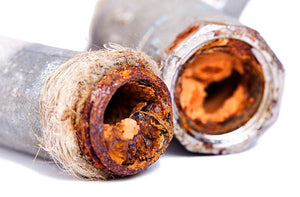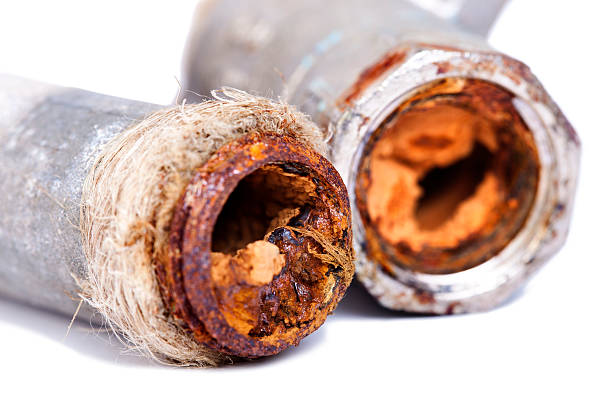For years, health circles and online forums have warned about the dangers of fluoride in tap water, specifically claiming it “calcifies” the pineal gland—a small, pea-shaped gland deep in the center of the brain. But how true is this claim?
Let’s unpack the science, separate fact from fiction, and explore how you can protect your health—naturally and effectively.
1. What Is the Pineal Gland and Why Does It Matter?
The pineal gland plays a vital role in regulating the body’s melatonin production—a hormone that controls your sleep-wake cycle, also known as the circadian rhythm.
Beyond its biological function, the gland holds spiritual significance in many cultures, often referred to as the “third eye,” believed to govern intuition, awareness, and consciousness.
Over time, calcium deposits (called pineal gland calcification) can form, which is a common part of aging. However, some research and theories suggest that environmental factors like fluoride exposure may accelerate this calcification.
2. Scientific Research: Fluoride and Pineal Gland Calcification
The idea that fluoride affects the pineal gland gained traction after Dr. Jennifer Luke published research in 1997 suggesting that the gland accumulates fluoride at higher concentrations than other soft tissues. In fact, she found fluoride levels in the pineal gland comparable to those in tooth enamel, where fluoride is known to bond with calcium.
Animal studies, particularly on gerbils, showed that fluoride exposure could reduce melatonin levels, potentially leading to disrupted sleep patterns and early onset of puberty.
While human studies are limited, this evidence raises questions about the long-term neurological and hormonal effects of chronic fluoride exposure.
3. Tap Water and Fluoride Exposure
In many countries, fluoride is added to public drinking water supplies to help prevent tooth decay. However, this also means people are exposed daily through drinking, cooking, showering, and brushing teeth.
Fluoride binds readily with calcium and other minerals, which raises concerns about its potential to contribute to calcification of soft tissues—including the pineal gland, which contains hydroxyapatite (the same mineral found in bones and teeth).
4. What This Means for Your Health
If the pineal gland becomes calcified over time due to environmental fluoride exposure, it may:
-
Reduce melatonin production
-
Disrupt sleep quality
-
Affect mood and cognition
-
Potentially interfere with the body’s natural hormonal balance
While not all medical experts agree on the severity of these effects, many people choose to reduce fluoride intake as a precautionary measure—especially when simple solutions are available.
Solutions: How to Reduce Fluoride and Support Your Health
If you’re concerned about fluoride’s impact on your body, the most effective action you can take is to filter your tap water. Here are some practical ways to do that:
1. Use a High-Performance Water Filter
Choose filters that are certified to reduce fluoride, such as those using:
-
Activated alumina
-
Reverse osmosis (RO) systems
-
Bone char carbon
Look for certifications like NSF/ANSI 58 or NSF 53/42 to ensure quality and effectiveness.
2. Install a Reverse Osmosis (RO) System
RO systems are among the most effective at removing fluoride—up to 95% or more. These systems are installed under your sink and purify water at the molecular level. They’re ideal for families or individuals wanting consistently clean drinking water at home.
3. Use a Portable Water Filter Pitcher
If you’re looking for convenience or mobility, a filter pitcher is a great option. Some advanced models can now remove fluoride along with other contaminants like chlorine, heavy metals, and microplastics.
4. Whole-House Water Filtration
For maximum protection, especially if you’re concerned about showering or bathing in fluoridated water, a whole-house filtration system can reduce fluoride and other chemicals at every tap.
5. Choose BPA-Free, Sustainable Products
Opt for filters and dispensers made from BPA-free, lead-free, and ISO-certified materials to ensure both personal safety and environmental responsibility.
🌿 Final Thoughts
Whether or not fluoride poses a serious health risk to the pineal gland remains a topic of debate. But when it comes to your health, sleep, and peace of mind, taking proactive steps makes sense.
With modern filtration systems, reducing your fluoride intake is simple, effective, and affordable. Protect your pineal gland, support your sleep, and feel good about the water you drink—every single day.
Ready to Take Control of Your Water?
Explore our full range of water filters, pitchers, and reverse osmosis systems—each designed with your health and sustainability in mind.




